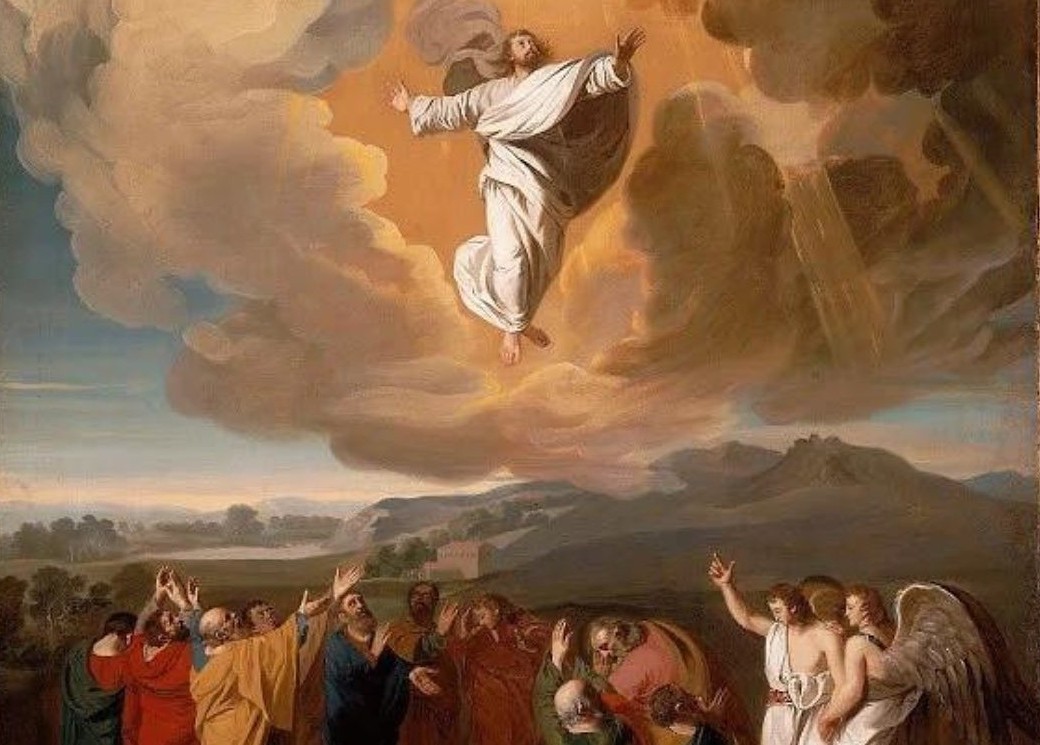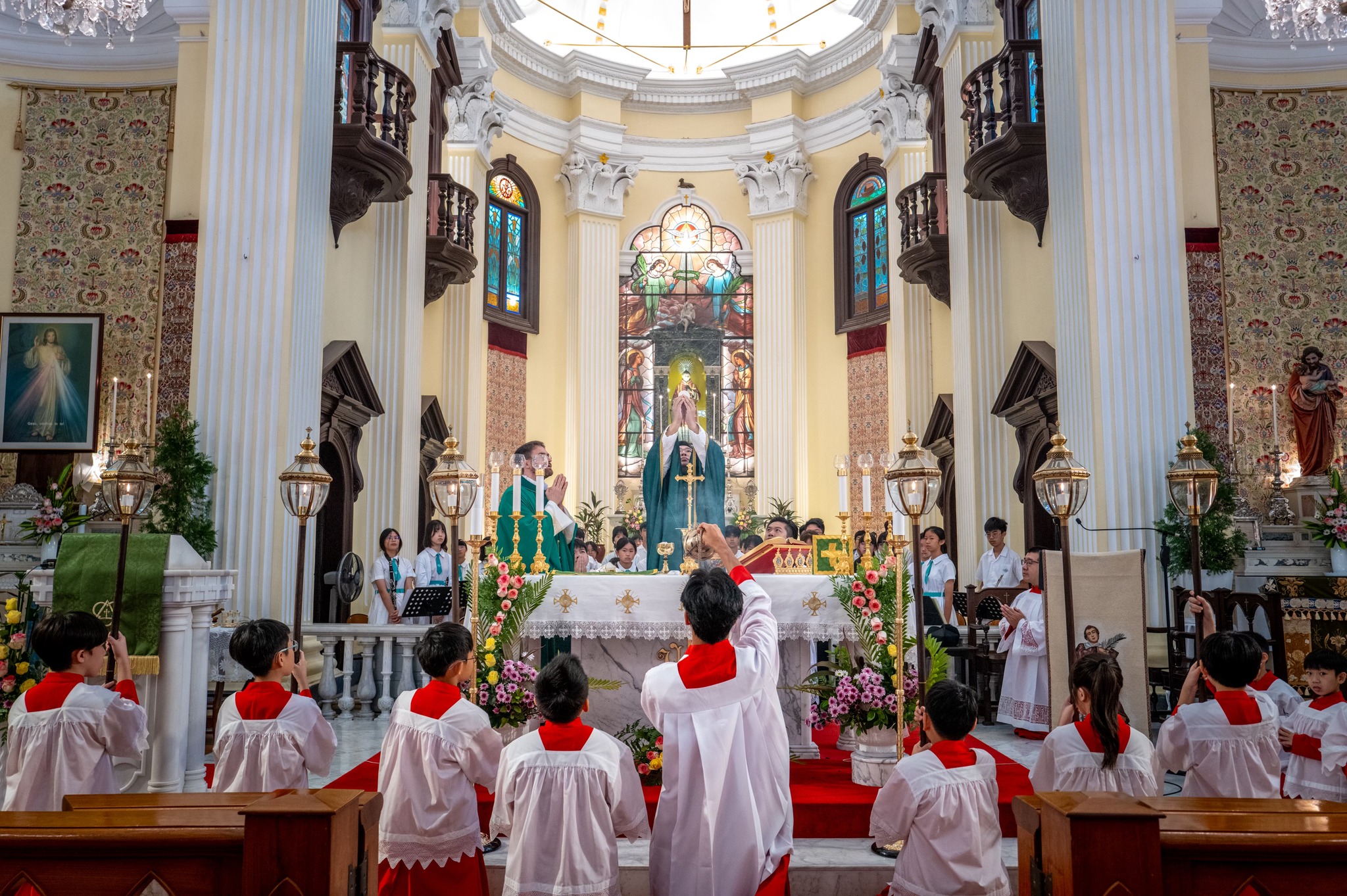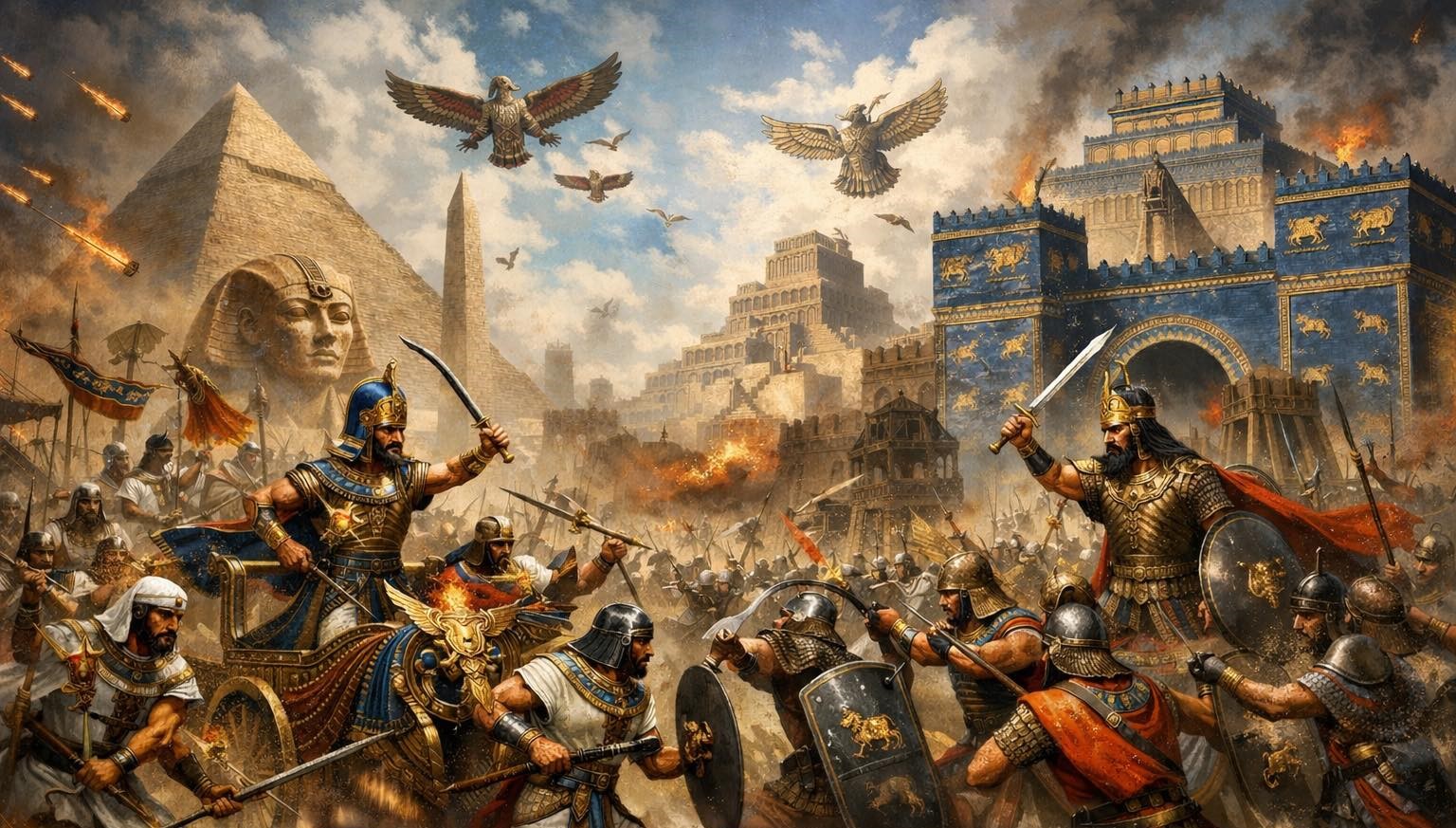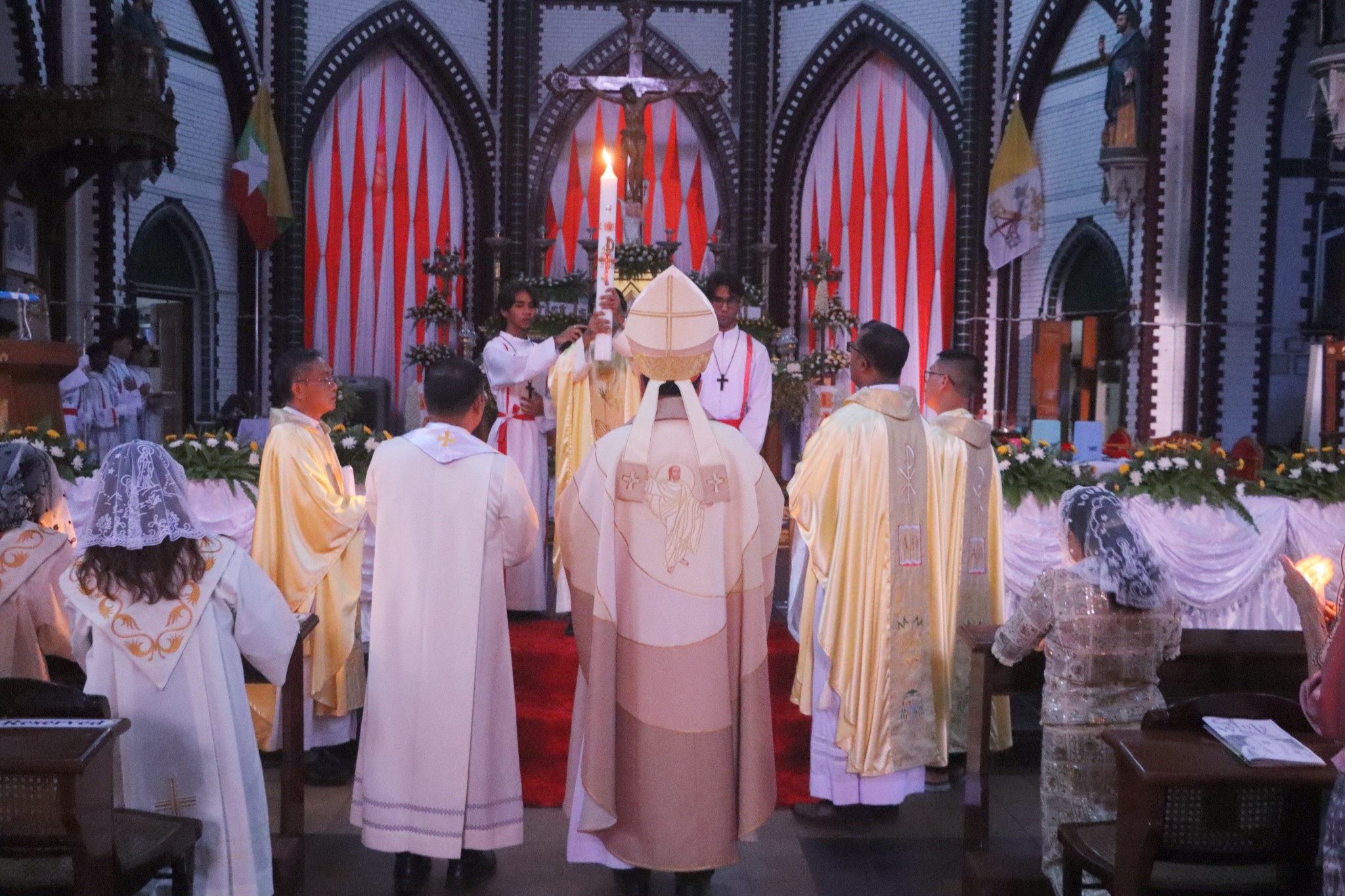P. Daniel Antonio de Carvalho Ribeiro, SCJ
The Church celebrates the solemnity of the Ascension of the Lord this Thursday. In some places however, such as Macau, this date is not a holiday, hence the celebration is moved to the following Sunday. This dogma of the Catholic faith teaches that, forty days after His Resurrection, the physical manifestation of Jesus on Earth ends: He ascends to heaven and seated at the right hand of God, the Father Almighty.
After the Resurrection, Jesus remains with His apostles for forty days, assuring them of the certainty of His victory over death (Pope Pius X). During this time, they converse, learn, and share meals with the Lord. Although there are accounts of resurrections in the Gospels and in the history of the Church, what happens here is unconventional. The Resurrection not only restores life to Jesus, but also creates a new space of existence that transcends history, establishing a definitive state of life. As Pope Benedict XVI has stated, the Resurrection is not a historical event like the birth or crucifixion of Jesus; it is something new and unprecedented. Jesus initiates a new state of life, where He continues to be present and active in the Church, although in a non-visible way.
Jesus’ departure is not to a distant physical place, but rather to a communion of strength and life with the living God, a presence that transcends space. Thus, He does not distance Himself from the apostles; He becomes present in a different and definitive way. Now there is a new way of life, anticipated by Jesus, in which we participate in a limited way on earth and in which all who unite with Him in eternity will experience it definitively.
This Sunday’s Gospel tells us that Jesus ascends and blesses His apostles, showing that at that moment the Lord fully fulfilled His mission and began the time of the Church. Seated at the right hand of the Father, a position of honor above all creatures, He reigns and will then send the Holy Spirit so that the Church may remain faithful and courageous in proclaiming the Word revealed by Him. Now, Jesus is not restricted to a specific place in the world, as He was before the Ascension; through His power that transcends physical space, He is present and accessible to everyone, in all places and throughout history.
It is up to each of us, as the mystical body of Christ, to proclaim the good news to all nations, baptizing in the name of the Holy Trinity (Mt 28:19). We live in a time when respect for different opinions often serves as a justification for recessing of evangelization. All of this is the result of the religious and moral relativism of our time, as if all religions were equally good and each person could be saved wherever they chose. We must promote dialogue and respect everyone, but according to the Gospel of Saint Matthew, Jesus gives the apostles a mission: to evangelize all peoples.
The way we evangelize must be part of the historical and cultural reality of each people. However, the desire to make Christ known, loved and served should drive the prayer of today’s Christians, just as it did for the martyrs of the first centuries, who gave their lives for the Lord, and the missionaries of the late Middle Ages, who crossed oceans to evangelize. The newness that the world seeks can be found in Christ, who brought all newness to Himself (Saint Irenaeus).
May the glorious presence of Christ, who never abandons us, drive us to evangelize our families, social environments and in all places where we can bring the Lord’s message.


 Follow
Follow


